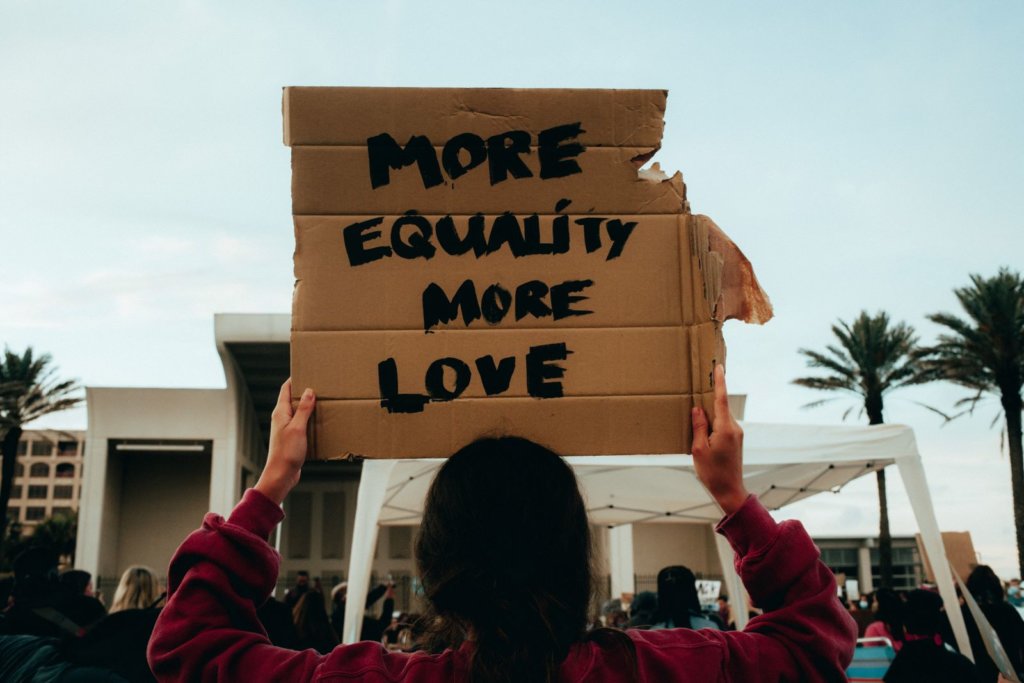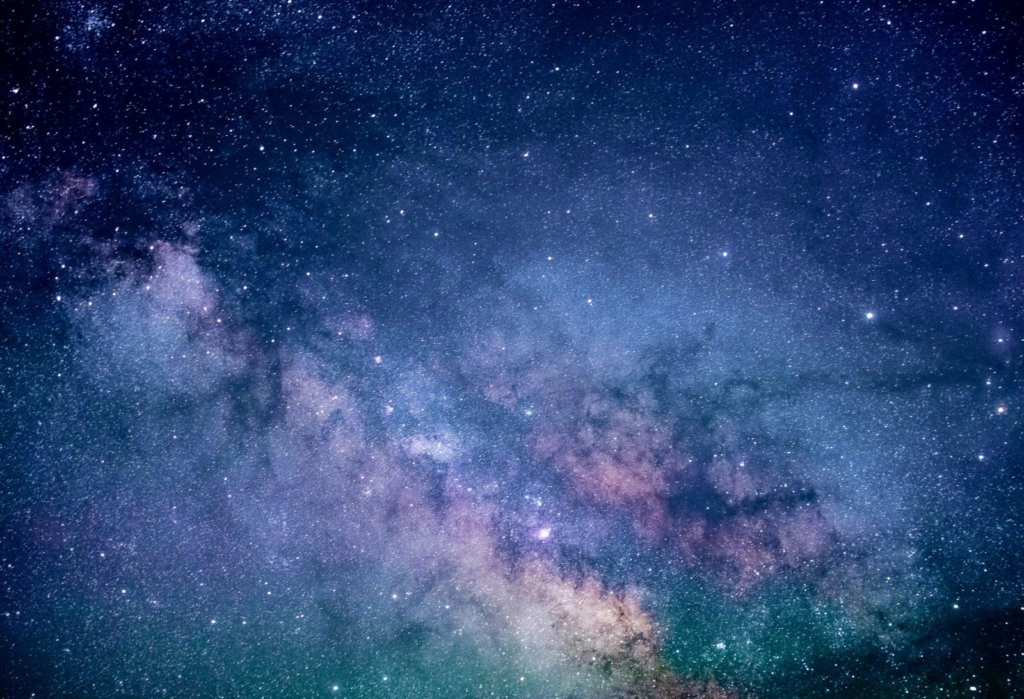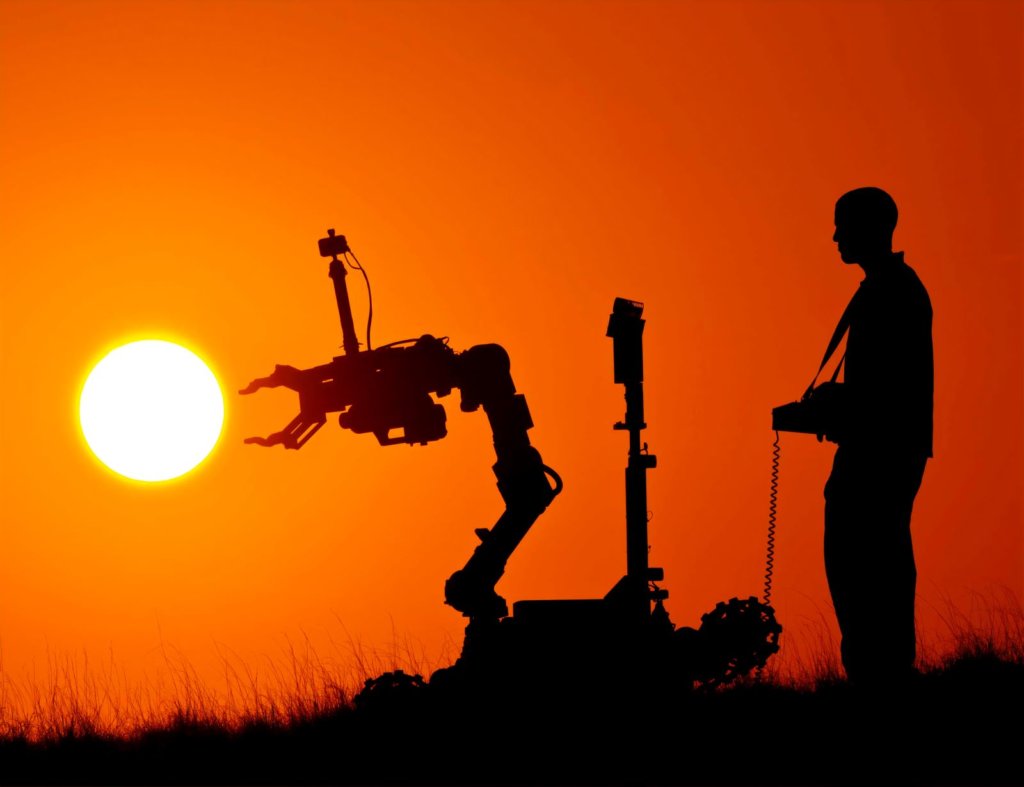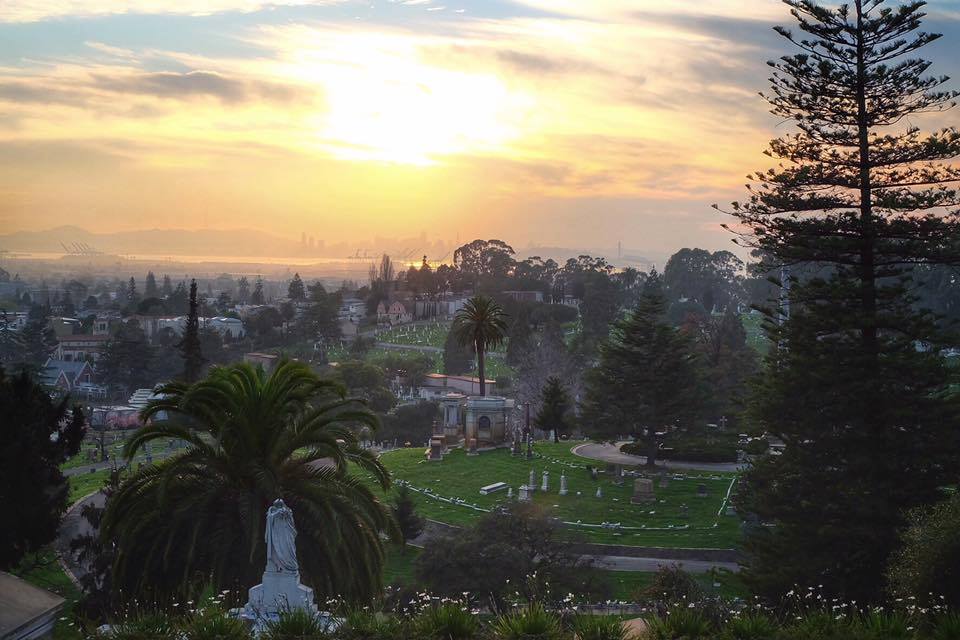My dad told me about a TV show where people try to be the last person to survive in the woods on their own for a chance at winning $500,000. The premise is interesting because it touches on the themes of competition, human versus nature, and also resourcefulness. I get the appeal. But what I don’t get is the lengths people will go to in order to win.
One contestant swam into a frozen lake in an attempt to catch some fish knowing she’d get hypothermia. She explicitly told the camera she knew that would happen. The woman could have tapped out of the show at any time and said, “You know what? The $500,000 isn’t worth it. Take me to the grocery store,” but she didn’t. She literally risked her life all for what? Money. Money that frankly won’t last very long considering the rate of inflation.
Desperation is real and it pushes people to do things they otherwise wouldn’t. But this woman wasn’t a member of the Donner party, starving to death in the middle of winter. She was in a situation of contrived and self-inflicted desperation. I don’t fault this woman; I don’t know her or her story. She made her choice freely. No, instead what I fault is the toxic worldview pervading our society that lauds this sort of decision: materialism.

I agree! More equality, more love! Photo by Cody Pulliam on Unsplash
My favorite summary of materialism comes from a friend who says, “Under materialism, only matter matters.” Exactly. In a materialistic society, money and possessions are more important than love, community, and life. Not everyone is willing to become hypothermic for cash, but over and over again, we demonstrate human life isn’t worth more than money in indirect ways: child labor, exploitative working conditions, polluting the environment, etc. We are poisoning and killing one another for something ephemeral.
I’m not here to say money is unimportant because that’s a lie. It is important, but it’s not the only thing that matters. The worldview I use stems from tantra and my friend sums it up by saying, “Under tantra, everything matters.” What he means is matter matters. People matter. The environment matters. Spirituality matters. Under tantra, you take it all into account. Money is not the bottom line every time.
We take it for granted that materialism is the only way to operate in the world but it’s not. It’s a belief system and belief systems can change. A little religious inspiration for you that’s appropriate considering this time of year: Hanukkah isn’t really a story about oil lasting for eight days. It’s the celebration of people unifying against oppression and winning.
A quick recap: Judah and the Maccabees revolted against Syrian King Antiochus in 160 BCE. He enacted a series of harsh decrees against the Jews, including forcing them to give so much of their crops to the Syrian ruling class, the Jews had trouble feeding their families. Jewish worship was forbidden; scrolls were confiscated and burned. Sabbath and dietary laws were prohibited under the penalty of death. This small group of Jewish rebels fought against an army of thousands of men and won.
My rabbi, Michael Lerner, says, “Hanukkah is not just about having a response to the consumption craze around Christmas, it is about affirming a different worldview, a hopeful worldview. [It’s] about replacing cultures of domination with a culture of love and justice.”
We already have examples of worldviews toppling. We know it can be done because it’s been done before. We don’t need to keep operating as if materialism is the only game in town because it’s not. There’s another way to live, a better way. One in which we recognize the importance of bodies, minds, and spirits.
I dream of a world where we topple materialism. A world where we say, “No, materials are not the most important thing in existence.” A world where we recognize the existential value of all life forms. A world where we replace a culture of domination with one of love and justice.
Another world is not only possible, it’s probable.
Last week I wrote about the perspective Bhutan has taken in this pandemic that everyone is a part of one big family and how that’s played out in terms of the country’s policies. Here in the U.S., the more prevalent perspective is one of rugged individualism and separateness. Instead of viewing all of us as being in this together, we operate from a materialist worldview that says only matter is real and humans are alienated from not only each other, but everything.
From this perspective, consciousness is a “strange aberration that happens as an accidental byproduct of chemical interactions,” to quote my friend Amal Jacobson. The materialist worldview says the cosmos doesn’t have any consciousness and thus it becomes much easier to objectify, well, everything. Nature doesn’t have any value beyond its utilitarian value. A tree is worth more dead than it is alive. Furthermore, nature becomes something “out there” that we go to. We see this in the way we, me included, talk about nature. “I was out in nature in this weekend” is a common phrase we all say.

We are this and this is us. Photo by Jeremy Thomas on Unsplash
However, “out in nature” implies we’re separate from nature, that somehow we’re not included in this vast universe. The phrase also implies that we could ever get away from nature. That’s not possible even in the densest of cities because the very ground we stand on is nature, and furthermore, we are natural too.
Rebecca Solnit speaks to this in a Sierra magazine article when she writes, “It took the pervasiveness of radioactive fallout in the 1950s and pesticides in the 1960s to wake conservationists up to the fact that nothing is separate, and you can’t truly protect a place by setting it apart.”
You can’t protect a place by setting it apart because it’s impossible to truly be apart. That’s why there’s so much emphasis on intersectionality these days. We all intersect in various ways. Environmental justice goes hand in hand with social justice, for instance, because who typically pays the price for environmental destruction? Black, brown, and indigenous people. This cosmos is a spider web and if you pull on one thread, it vibrates the rest of them.
I have a friend who acknowledges this every morning in his prayers. He says, “I am eternally grateful to be an integrated particle in the infinite universe of your wisdom and will, and to live in your abundance and prosperity receiving your guidance, strength, mercy, and protection.” Gorgeous, right? I like the whole prayer, but in particular, I can’t help but wonder what would the world be like if we all felt this way? That we are an integrated particle that is only one part of a whole? The reality is materialism is a belief system just like what I’m proposing is also a belief system. Which one leads to a happier, healthier society? I think the answer is already obvious.
I dream of a world where we recognize no one is separate from one another. A world where we realize a thread of connection links not only human beings, but all beings. A world where we change our worldview and recognize we are an integrated particle of this vast universe and behave accordingly.
Another world is not only possible, it’s probable.
I had a conversation with a friend this weekend and was reminded that believing in materialism is a choice. We in the West take it for granted that materialism is the most scientific, rational way of being and that conversely, spirituality is unscientific and irrational. But is that really true?
First, some definitions. Materialism is the theory or belief that matter is the fundamental substance in nature, and that all things, including mental states and consciousness, are results of material interactions. Spirituality is the theory or belief that there is more to life than meets the senses, and more to the universe than just purposeless mechanics. It also involves believing in a higher form of intelligence or consciousness.
Spirituality can be studied and one way to do so is through psychic phenomena. For instance, the feeling that someone is staring at you. Did you know that numerous scientists have run experiments on exactly that? The basic setup is a starer sits a few yards away from a staree. The starer flips a coin that determines whether or not they will stare at the staree. The staree then responds that yes, they are being stared at, or no, they are not. In a total of 33,357 trials of this experiment, the overall success rate was 54.5%, meaning 54.5% of the time, the staree guessed correctly. Left purely to chance, the success rate would have instead been 50%.

Isn’t this image great? Photo by Science in HD on Unsplash
As you can likely infer from the number of experiments – more than 33,000 of them – the setups have varied. Some people were separated by windows, some were stared at over a one-way video circuit, and some had a person sit in an electromagnetically sealed chamber! Yet despite the scientific proof over and over again showing extrasensory perception is real, skeptics say the experiments are flawed or fraudulent. They have no evidence to their claims but they hold on to their perspective anyway. I ask you, were all 33,357 trials “junk” science? Why is it so hard to believe psychic phenomena is real? It’s only hard to believe if you’re a hardcore materialist because in that worldview, psychic phenomena cannot exist.
People are welcome to believe what they want, but let’s not pretend materialism is the most rational and scientific way of being when science itself shows there’s more to life than what can be sensed with the eyes, ears, nose, mouth, and skin. Let’s also not pretend science and spirituality are silos when in fact, they can support one another, and also some spiritual teachers (like my own) welcome science.
My spiritual teacher said “science is indispensable for human progress.” And also that, “[W]e should probe for solutions to problems through the proper cultivation of science. . . No matter how complicated problems are, we have to evolve the necessary scientific means to meet the challenge.”
Science can be interlaced with spirituality. They don’t have to be separate. They can support one another and spirituality can motivate science. Aren’t people curious about the world? About the mysteries of creation? If we keep beating the drum that materialism is all there is, we miss out on explaining what is currently unexplained. We sell ourselves short and limit ourselves as well as our own understanding. That doesn’t seem very scientific to me.
I dream of a world where we understand materialism is only one way of looking at the world. A world where we realize spirituality can be just as scientific as materialism. A world where we use spirituality to propel scientific innovation and solve the greatest challenges facing us today.
Another world is not only possible, it’s probable.
“People have a need for meaning and for belonging,” Dr. Gabor Maté writes. “But this society defines the value of a human being by how much they can either produce or consume. For all our talk about human values, we don’t really value humans for who they are. We value them for what they either give or purchase.”
I’ve been thinking about Maté’s quote a lot lately. In my post last week, “We Can Do Better than This,” I mentioned one of the plights of capitalism: homelessness. The underlying sentiment is if a person is poor, or mentally ill, or physically incapacitated, or old, they have no value. They can neither produce or consume anything so they are shunted off to the side where we don’t have to think about them. However, I would like to point out it’s not only certain segments of society who are harmed by the notion of what is valuable, it’s all of us.
On Tuesday, my dear friend Amal called me up and asked if I’d like to go to the Chapel of the Chimes, which is a crematory and columbarium. Afterward, we walked through the adjacent cemetery and watched the sunset. Seeing the sun set over the bay, I felt like crying because this, this, is what life is really about – not checking off my to-do list, not producing content, not building up my following on social media.

The sunset I mentioned. Photo credit Amal.
In our materialistic society, I absolutely define my value by what I’m producing and I know businesses define my value by how much I’m able to consume. That means if I don’t produce something every single day, my perceived self-worth diminishes. Heaven forbid I take a rest day! That’s also why my health condition, maladaptive stress syndrome, is so freaking challenging: I’m tired all the time. I need more rest than the average person, but that also means I can’t do as much as the average person. And because I can’t do as much, produce as much, my self-worth goes in the toilet.
I have to remind myself over and over what my life is really about, which is to achieve a divine union, and that’s not dependent on how much money is in my bank account or how many followers I have on instagram. Furthermore, my spiritual teacher says, “The Milky Way is vast from one end to the other; an ant is a very small creature, but the role of both of them in maintaining the balance of the universe is equal. If one ant meets a premature death, it will disturb the balance of the entire cosmos. Therefore, nothing here is unimportant, not even an ant.”
That means I’m important, you’re important, we’re important even if we never win a Nobel prize or an Oscar, because our worth is not inherent on what we’re doing. I could lie in bed all day every day and be just as important as a school teacher. I have to tell you I have so much resistance to saying that, but I’d really like to believe it’s true. If the Milky Way is just as important as an ant, how could it not be?
I dream of a world where we recognize our inherent value and worth as precious human beings. A world where we realize we matter just because we are alive. A world where we remember we are blessed children of the universe, no less and no more important than anyone else. A world where we remember who we really are.
Another world is not only possible, it’s probable.